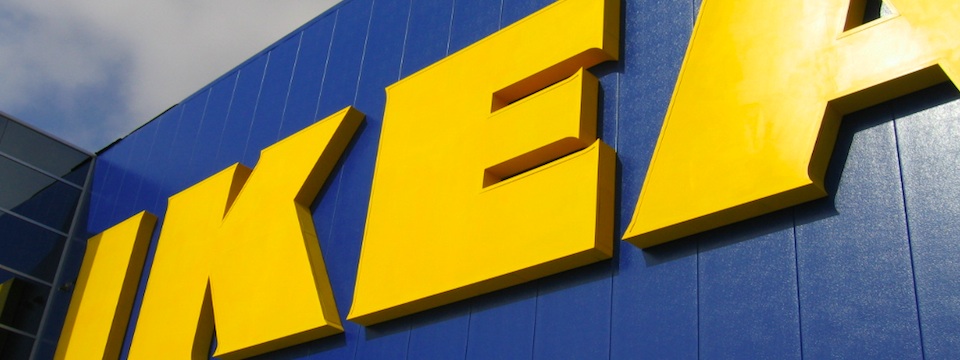What does a company need to do to survive in the emerging, volatile marketplace of tomorrow? Today we get some glimpses of brilliance and insight from one of my favorite stores — a place that also happens to serve some of my favorite meatballs: IKEA.

